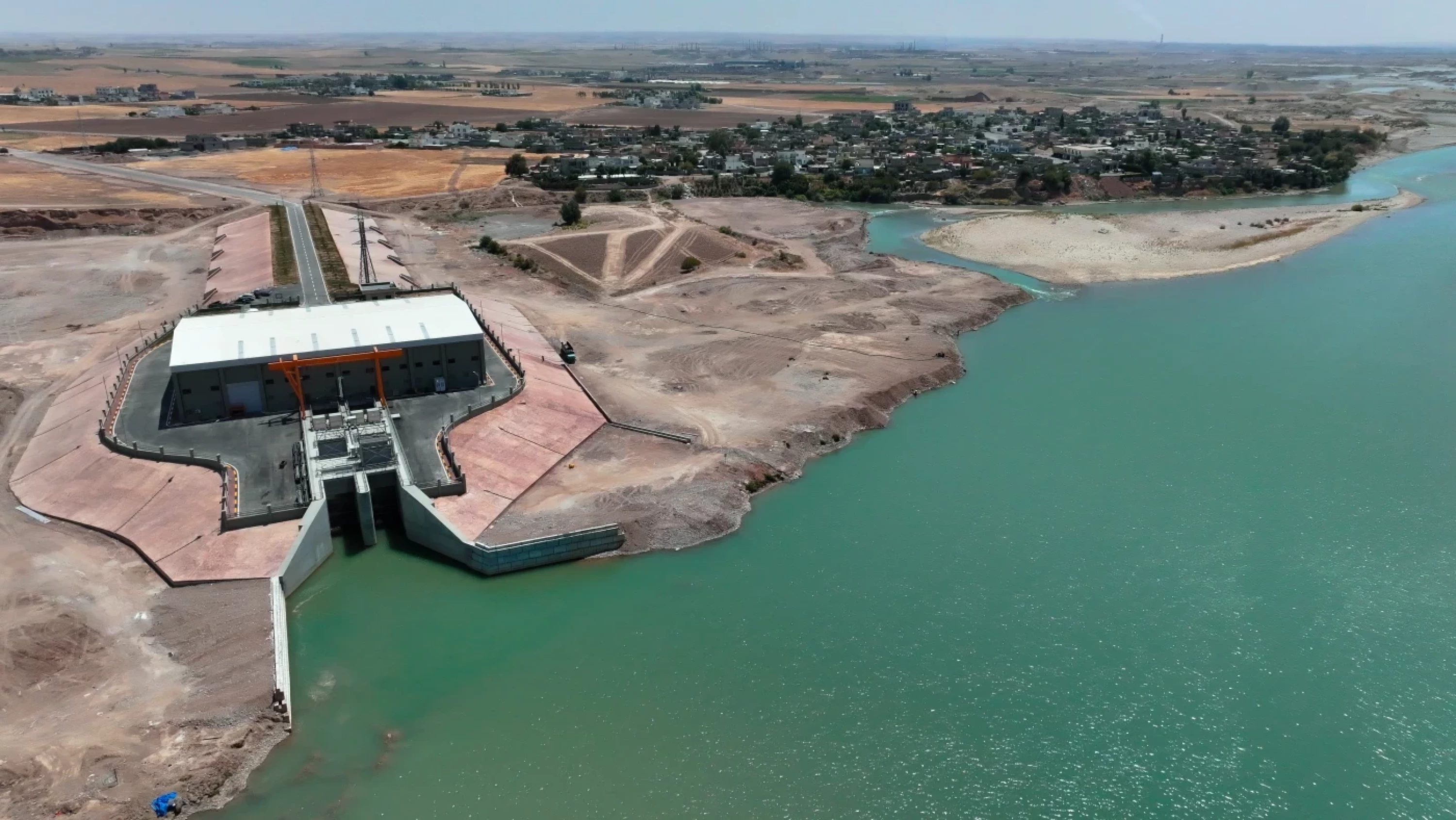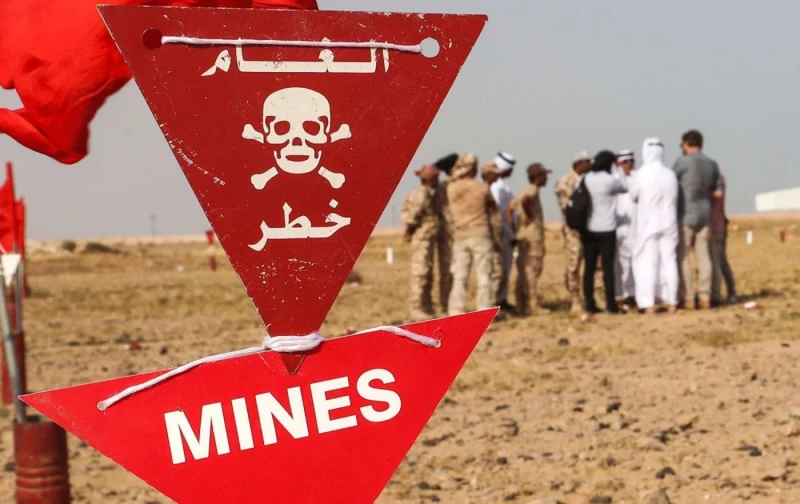ERBIL, Kurdistan Region of Iraq – Iraq’s water resources ministry on Monday commended the Kurdistan Region’s water treatment projects as being of “paramount importance,” saying they directly contribute positively to other Iraqi provinces as the country faces one of its worst droughts in decades.
“The projects undertaken by the Kurdistan Regional Government in the field of water treatment are of paramount importance. These projects have a direct and positive impact on all Iraqi provinces, contributing to improved water quality and enhanced national water security,” ministry spokesperson Khaled Shamal told The New Region.
The Kurdistan Regional Government’s (KRG) ninth cabinet has strived to better manage water resources and secure clean water for its citizens amid an intense countrywide water shortage.
In October, Iraq’s water resources ministry said that water levels in the country’s fabled rivers - the Tigris and Euphrates - are expected to drop soon due to a decrease in releases from upstream countries and climate change.
“The Ministry is closely monitoring all water treatment projects in the Kurdistan Region, and there is coordination between the federal government and the region to ensure that all provinces benefit from these strategic projects,” Shamal added.
On Sunday, Kurdistan Region Prime Minister Masrour Barzani laid the foundation for the second phase of a wastewater recycling project and stressed its importance in supporting green initiatives and reducing health risks, including in Iraqi provinces on the Tigris River.
“Today, water in Iraq and the area has become a worry and a big problem, which is why early on, we initiated several important projects in the field of providing and preserving water and environment, such as constructing dams and ponds,” Barzani said in a speech. "This project will help in keeping clean the water sources of other Iraqi provinces that fall on rivers, especially the Tigris River.”
Shamal also affirmed Baghdad’s commitment to strengthening cooperation with Erbil in various water-related fields.
The Life Corridor project is a separate initiative recently launched by Prime Minister Barzani, aiming to reduce wastewater flowing through collection sites by installing a retaining wall, planting trees, and treating water and sewage.
Together, the endeavors seek a healthier environment through reducing waste and transforming the sites into beneficial and green spaces, protecting the province’s residents from pollution-related risks.
According to Shamal, Iraq is seeking to develop water treatment plants and other projects to maximize efficiency and reduce water loss.
“Current projects include developing water treatment plants and rehabilitating distribution networks, as well as projects to reduce water loss and improve water use efficiency. This reflects the government's commitment to managing water resources sustainably and equitably across all governorates,” Shamal said.
“We are confident that these projects will contribute to improving the lives of citizens and providing potable water for drinking, agriculture, and industry throughout Iraq,” he added.
Iraq has faced worsening water shortages in recent years, with analysts warning the scarcity is expected to intensify in the coming years, and the parliamentary finance and water committees previously calling for declaring a "water emergency" in the country.
Iraqi lawmaker Thaer Makhif al-Jubouri told The New Region earlier this month that the Tigris river - which he described as the country’s “lifeblood” - is being subjected to a “systematic environmental genocide,” seriously putting the provinces on its banks at risk.
The Green Iraq Observatory, an environmental organization, warned in early September that Turkey’s dam network has drastically reduced Iraq’s water inflows, intensifying an already severe crisis. Turkey has built about 20 dams over four decades, holding roughly 80 billion cubic meters of water, eight times the capacity of Iraq’s Mosul Dam.
The observatory's report was followed less than a month later by a statement from the Iraqi agricultural ministry, saying that the country’s water reserves have dropped to dangerous levels. The ministry warned that rationing had become essential to protect water security.
In early November, Turkish Foreign Minister Hakan Fidan visited Baghdad for talks with his Iraqi counterpart Fuad Hussein. During the visit, the two sides announced the signing of a new agreement aimed at jointly managing water resources and addressing Iraq’s worsening water shortages.



 Facebook
Facebook
 LinkedIn
LinkedIn
 Telegram
Telegram
 X
X


